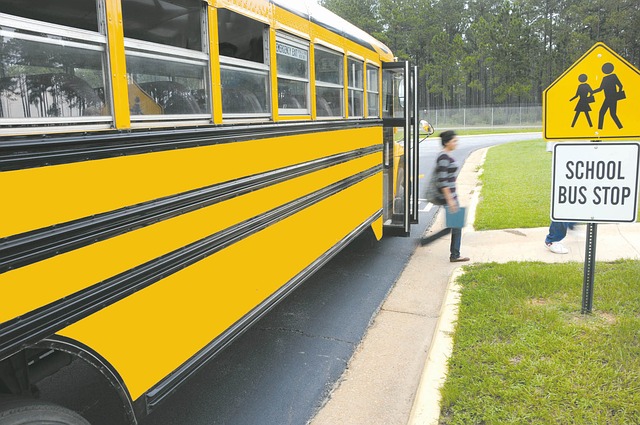College Students With Learning Disabilities Are Asking For More Support. Will They Get It?
 College students with learning disabilities experienced a sudden rupture of the status quo this spring when most of their courses moved online.
College students with learning disabilities experienced a sudden rupture of the status quo this spring when most of their courses moved online.
In some cases, the change interfered with the coping strategies students use to learn. But in other instances, institutions seized the unusual opportunity to encourage professors to redesign courses to be more accessible to people with varied needs.
More than two-thirds of colleges saw additional students apply for academic accommodations during the spring 2020 semester, according to a national survey of 212 colleges that shifted to remote instruction because of the pandemic.
That’s significant because under normal circumstances, the majority of students eligible for academic accommodations choose not to report a disability when they get to college, says Adam Lalor, who conducted the survey. Lalor is the director of the Landmark College Institute for Research and Training, which studies education strategies and outcomes for students who have learning disabilities.
New kinds of requests can pose logistical and financial challenges to accessibility offices. Live captioning, for example, can run tens of thousands of dollars for an academic year, although automated services are less expensive. At Connecticut, that cost might have fallen on the instructional technology office that is responsible for Zoom, but its budget was maxed out. So the accessibility office agreed to pay for it—for now.
In this time of increased student need, some accessibility offices find themselves less equipped than before. In the Landmark survey, 9 percent of offices reported budget decreases, 17 percent reported staff reductions and 19 percent reported that their budgets were inadequate to meet needs, regardless of whether budgets were cut.
This could have left some offices unable to fully serve students.
“My estimate, based on at least the first couple of months following March, is that there were a good number of students with disabilities not receiving an equitable education,” Lalor says.
Yet the shakeup of how teaching is normally delivered also presented an opportunity to design virtual courses that had accessibility built into them from the beginning. In the Landmark survey, 77 percent of accessibility offices reported that in the shift to online teaching, they had greater collaboration across the university than they have under normal circumstances.
“To what extent and how much they were listened to—I’m still trying to figure that out,” Lalor says. “I’ve been hearing horror stories about accessibility and also hearing great triumphs.”
Excerpted from “College Students With Learning Disabilities Are Asking For More Support. Will They Get It?” in EdSurge. Read the full article online.
Source: EdSurge | College Students With Learning Disabilities Are Asking For More Support. Will They Get It?, https://www.edsurge.com/news/2020-10-28-college-students-with-learning-disabilities-are-asking-for-more-support-will-they-get-it | © 2020 EdSurge Inc.
Care Managers can arrange a free 30 minute Care Consultation so you can explore options with an expert. We invite you to call or email our Care Managers at 650.688.3625 or careteam@chconline.org to set up an initial Parent Consultation appointment.





